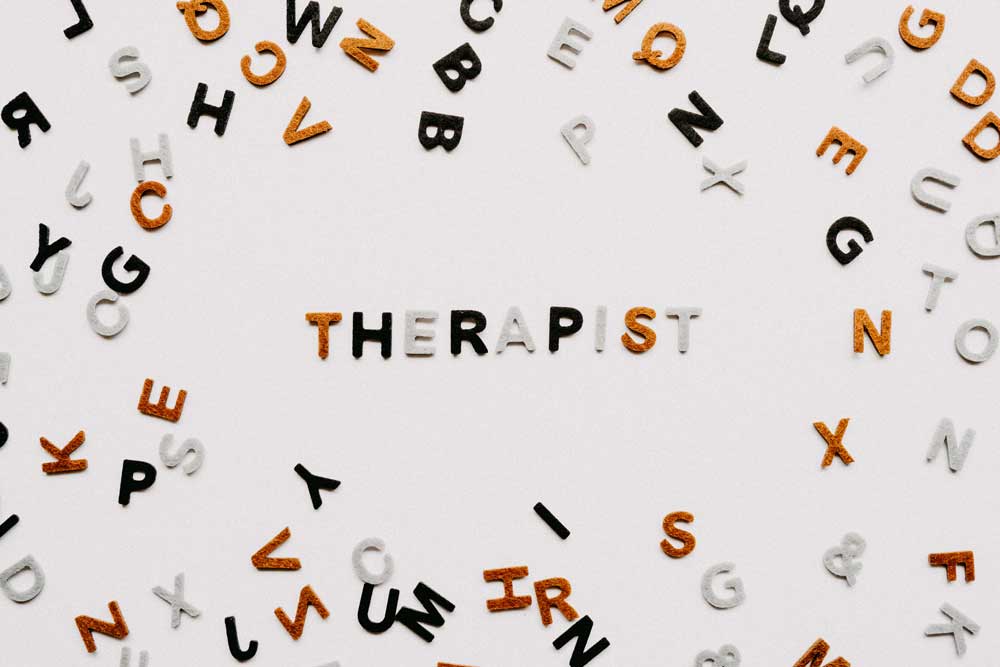In an increasingly digital world, access to mental health support has undergone a transformative evolution. Traditional in-person therapy sessions, while effective for many, often posed significant obstacles for individuals seeking help. Enter online therapy sessions – a revolutionary approach that has not only transformed access to therapy but has also broken down participation barriers, expanded the pool of available therapists, and put the word convenience into mental health support. In this blog, we delve into how online therapy sessions have positively disrupted traditional therapeutic norms and created a new landscape for those in need.
Breaking Down Access Barriers
Online therapy sessions have emerged as a beacon of hope for those who were once limited by geographical, physical, or logistical constraints. The traditional model of face to face therapy is an access barrier for those living in remote areas or areas with a shortage of mental health professionals. With the advent of online therapy, anyone with an internet connection can now find a suitable therapist from a vastly greater pool of professionals.
Online therapy sessions are transformative for individuals with mobility issues, agoraphobia, or social anxiety, who may have found it nearly impossible to attend in-person sessions. Online therapy dismantles these barriers by enabling individuals to receive support from the comfort and security of their own homes. Online therapy has also played a crucial role in overcoming the stigma surrounding mental health support. For many, the anonymity and privacy afforded by virtual sessions create a safe space to open up about their struggles. The result is a more inclusive and accessible mental health support landscape.

Expanding Therapist Options
The world of online therapy brings with it a diverse and expansive pool of therapists to choose from. In the traditional therapy model, individuals were often limited to local practitioners, which could lead to compromises in finding the right fit. Online therapy erases these limitations, allowing individuals to connect with therapists who align with their specific needs, preferences and cultural background regardless of geographical boundaries.
Whether you’re seeking a therapist who specialises in a niche concern or someone who speaks a specific language, the online therapy platform provides a wide array of options. This increased choice not only enhances the chances of finding a compatible therapist but also empowers individuals to be more selective, ultimately leading to more effective and personalised therapy experiences.

Unparalleled Convenience: Anytime, Anywhere
One of the most transformative aspects of online therapy sessions is the unmatched convenience they offer. The rigid scheduling and commuting demands of traditional therapy can often be overwhelming, making it difficult for individuals to prioritize their mental health. Online therapy shatters these limitations by making therapy sessions available from anywhere, at any time.
Imagine being able to have a session from the comfort of your home, during a lunch break at work, or even while traveling. The flexibility to schedule sessions during pockets of availability has revolutionised the way therapy is approached. This convenience ensures that seeking support no longer requires major adjustments to one’s daily routine, leading to stronger engagement with the therapeutic process.
Book Your Free 15-Minute Online Consultation
At Living In Bloom, we’re committed to inclusivity and this means access to counselling and psychotherapy support for everyone. Providing online therapy sessions, opening on Sundays and offering late night appointments on Mondays are just some of the ways we are taking action on accessibility and inclusivity.
Are you ready to experience the transformative benefits of online therapy sessions? Take the first step by booking a free 15-minute consultation.
Disclaimer: This article is for informational purposes only and should not be considered a substitute for professional medical or psychological advice.








